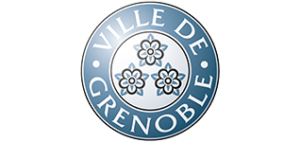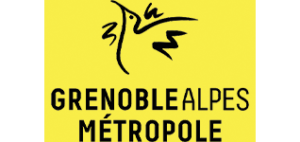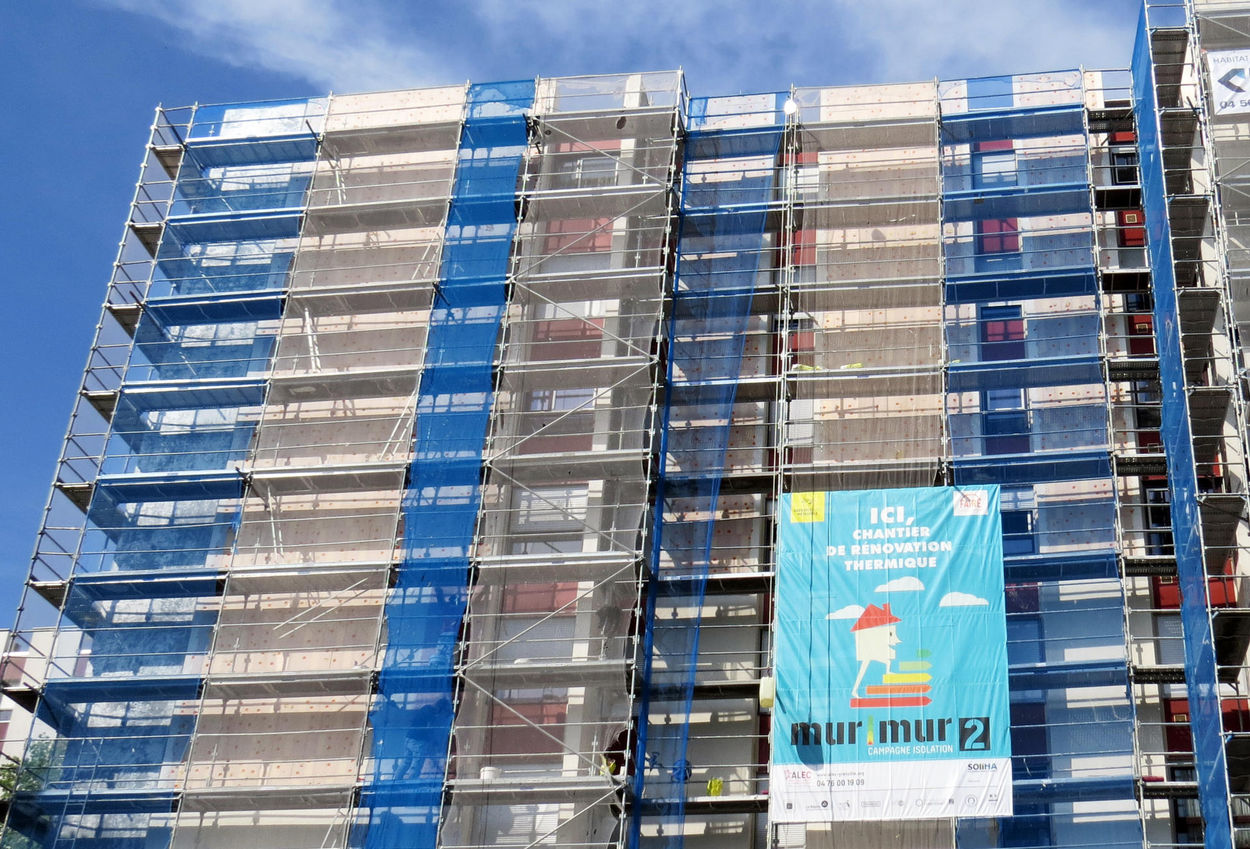Grenoble awarded EU Green Capital 2022
Get to know this local champion for participative governance
Energy Cities’ member Grenoble won the prestigious EU Green Capital award last week! Grenoble impressed the European jury of experts with its pioneering approach to climate management: they are committed to bring forward systemic change and develop innovative participative democracy approaches to city governance. In addition, the city was ranked first in the areas of climate change mitigation, sustainable urban mobility, sustainable land use, noise and energy performance.
What is to know about the so-called “capital of the Alps”? Read more and find out!
A “green experiment”
Grenoble has a reputation for being a city of green activism since the 80’s. They were among the first French cities to reintroduce tramlines and offer a bike rental service and created their first green district already in 2010. After the local elections in 2014, Grenoble became the first French city with more than 100 000 inhabitants to elect a Green municipal government – with the primary objective of accelerating the green transition in the city. Many saw the re-election of the Mayor Eric Piolle in 2020 as proof of the success of the local green government experiment in France.
Ambitious 2050 climate and energy goals
The regional government of Grenoble Alpes Metropole has set ambitious climate and energy goals. According to the local roadmap, by 2050 they want to:
- reduce greenhouse gases (GHG) emissions by 75%;
- Halve energy consumption and become 100% renewable;
- Improve air quality by halving nitrogen oxide and particle emissions.
They also set intermediary milestones such as halving GHG emissions by 2030 or relying on 100% renewable electricity by 2022.
During the development of its roadmap, the metropolitan area launched a three-stage citizen participation process within two years, consisting of several rounds of discussion so that citizens and local stakeholders could gain ownership of the plan.
A champion for participatory governance
Grenoble is truly committed to participatory city-governance: they have a participatory budget since 2016 to fund citizens-led projects in the field of biodiversity and urban agriculture and they developed the “Grenoble Ville Citoyenne” (city of citizens in French) approach to create spaces for locals to express their opinion on specific subjects of public interest.
Thanks to the platform “Grenoble, City of Tomorrow”, since 2016, the City of Grenoble engages local stakeholders and citizens to define how to bring forward the city’s transition. The platform is structured around the different themes/projects for which the city is actively looking for contributions from the different local actors. For example, the CivicLab is encouraging collaboration between developers, citizens, students, entrepreneurs and public actors, to develop digital projects in the field of social, economic and green transition.
Surfing the renovation wave
Buildings renovation has been on the city’s agenda for a while: in 2010 a major renovation campaign was launched by the metropolitan government: the Mur|Mur programme, which aimed at reducing energy consumption through the retrofitting of condominiums built between 1945 and 1975. 4,467 dwellings in 84 condominiums were renovated, and in total 173 condominiums benefited from tailored support between 2010 to 2014. The renovations resulted in 5,200 tonnes of saved CO2 emissions and savings of €135- 250 per year! Due to the success of the campaign, Mur|Mur was extended for the period 2016-2021. This new project directly targeted single-family dwellings and private co-owned multi-occupancy buildings.




